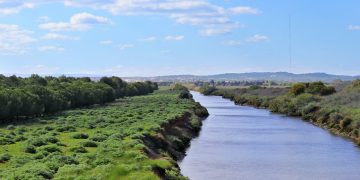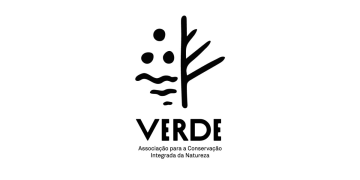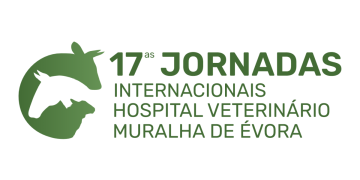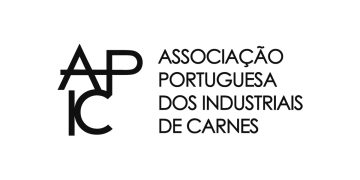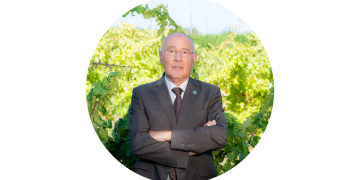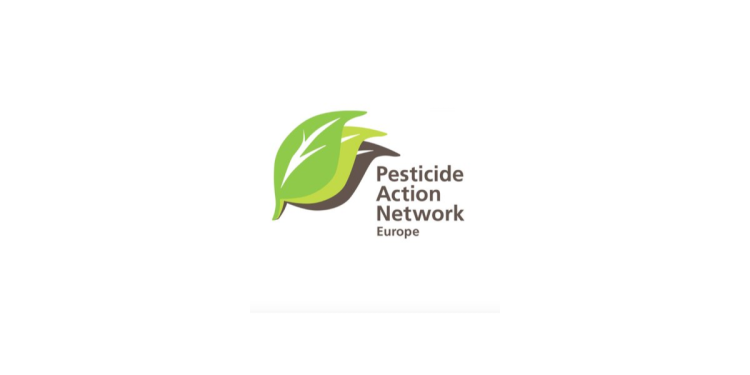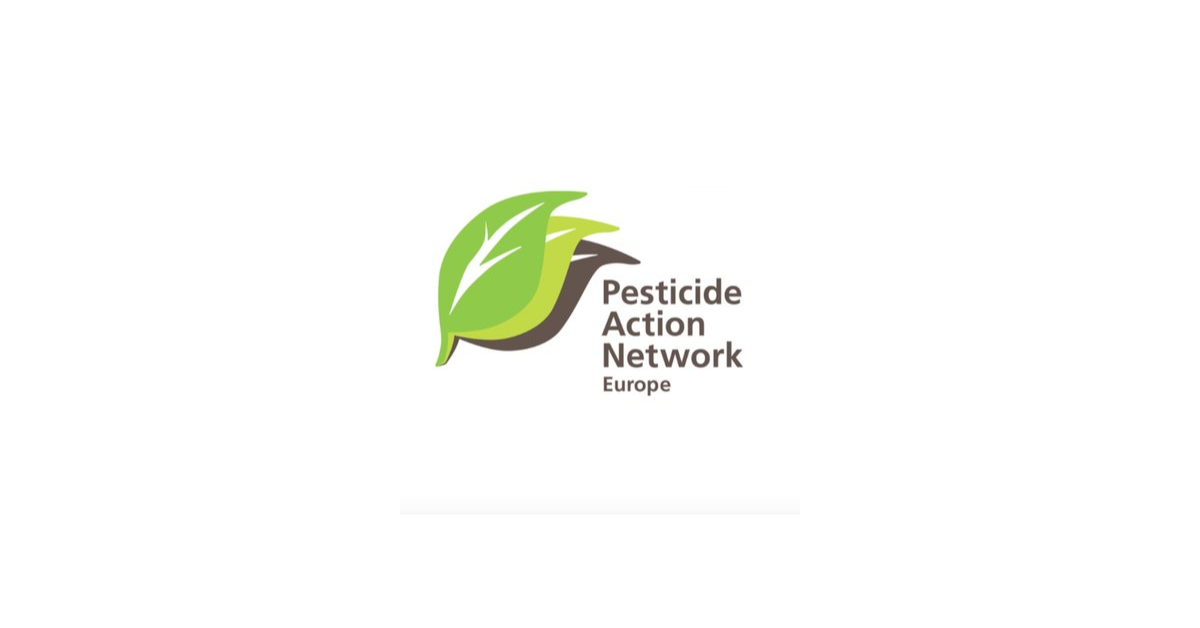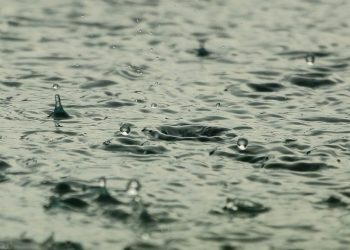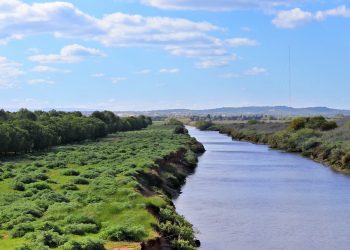26 November 2024 – Officials have failed to block a single pesticide under EU laws supposed to protect crashing insect populations, according to an independent review published today.
Over more than two decades, officials in Brussels sidestepped the law and authorised dozens of pesticide compounds by following guidelines written with the help of major agrochemical firms, the review by the Pesticide Action Network Europe (PAN) found.
The guidelines give a green light to pesticides [1] that cause staggering losses of insects, spiders, beetles, butterflies and other arthropod bugs. They are only now being updated, with a revision timetable due to be published in January.
Known as “the little things that run the world”, arthropods have diverse ecological roles and are essential to the food supply of almost all land animals and humans. Scientists say agricultural intensification is the single main reason for a “severe decline” of insects and that pesticides are a major cause.
The new guidelines are set to clash even further with the law. Internal documents obtained by PAN Europe against the wishes of the EU food safety body EFSA show that the agency hired chemical industry consultants [2] to draft new pesticide risk assessment methods that clearly favour intensive agriculture. The work was closely monitored by EFSA and will formally wrap up in the coming weeks. If adopted, the new methods will not reduce arthropod protections, since the guidelines already provide none. The real purpose is to copy the new methods to guidelines for other plant and animal categories as they are revised in the coming years, PAN Europe believes, with amphibian guidelines next in line. This could seal the fate of legions of species and shake wider ecosystems to their core.
EFSA consultants want to:
-
Elevate the status of agricultural production to an “ecosystem service”, stripping protections from all arthropods on farmland and reducing the need to change intensive farming practices to suit biodiversity.
-
All plant-eating bugs will be considered an ecosystem “disservice” and excluded from protection, even though grasshoppers and other such species are the foundation of vast food webs;
-
Use degraded farmland with collapsed ecosystems as the benchmark for healthy ecological conditions, dramatically moving the goalposts and flatly contradicting EU law;
-
Ignore a legal requirement to factor in pesticide combinations, which in the real world can make the impacts on bugs hundreds or thousands of times more severe;
-
Switch tests on real bug populations that check whether they recover from a pesticide to cheaper computer models that are highly unrealistic and hard for outside experts to scrutinise;
-
Ignore a legal requirement to check for long-term impacts of pesticides by limiting pesticide exposure tests to 48 hours;
EFSA is supposed to provide scientific and independent advice and claims to deliver “rigorous and reliable risk assessments” through “experts, free of conflicts of interests”. In reality, it has a long history of controversy and conflicts of interest. Its new methods will significantly erode Europe’s main pesticide regulation, PAN Europe warned. The European Parliament and member governments will have various opportunities to intervene.
The European Court of Justice recently clarified that the environment has priority over the improvement of crop production in the pesticide law, in a case brought by PAN Europe. In December, the NGO will ask the court to overturn Glyphosate authorisation throughout Europe, in part based on the flawed guidelines.
PAN Europe’s Executive Director, Dr Martin Dermine, said : “Chemical lobbyists have somehow persuaded public officials to wave through pesticides that have wiped out vast numbers of bugs, including those essential to crop pollination, natural pest control and crop nutrition. The good news is that we’ve exposed this and there is still time to correct it. EFSA wasted large amounts of public money taking us in the wrong direction and that work must now be thrown out. It should live up to its founding principles, hire truly impartial scientists and use strong guidelines to quickly get rid of the pesticides causing so much chaos to the environment we all depend on.”
Notes
[1] Europe’s main pesticide regulation is supposed to block any new substance that would have “any harmful effect on human or animal health or any unacceptable effects on the environment.” Acceptability is defined in the guidelines that were drafted before conflict-of-interest rules were in place, allowing heavy influence by chemical firms including Bayer and Novartis, now Syngenta (see report chapter 2, section 2). Through unscientific methods and flawed protocols, the guidelines define as acceptable pesticide active substances that cause very high losses for some arthropods and allow total elimination of most species (see chapter 2, section 3). Neither the European Commission nor member states have ever referred to the arthropod guidelines as grounds to reject a pesticide active ingredient, PAN Europe believes. No national government has blocked a pesticide product (using a pesticide active ingredient) based on the guidelines, and instead approves pesticide products that are highly toxic to insects and have dealt severe blows to wider ecosystems. Instead, government approvals occasionally include orders to monitor impacts on arthropods. In 2019, 12 governments called for an urgent update of the guideline risk assessment that has “obvious deficiencies” and “tolerates large reductions of arthropod populations”. Guideline revision has no fixed deadline and is expected to take years.
[2] EFSA hired a Dutch university that regularly provides consultancy services for the chemical industry. The individuals in charge of the new arthropod guideline methods have collaborated for more than a decade with the pesticides industry and two have in the past been contracted directly by chemical association CEFIC (see report chapter 4, section 1 and 11). Taking four years, the programme is set to conclude before the end of 2024. Documents and emails dated 2023 show that all the new methods were checked in detail by EFSA. All documents appear to be final or near final. We will make them available to journalists on request. The new methods were presented (2nd slide deck) as final by EFSA and DG SANTE in October.
Fonte: PAN Europe


